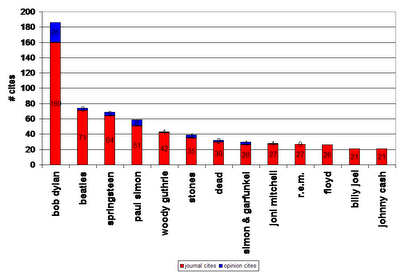 san francisco chronicle writers mark fainaru-wada and lance williams face up to 18 months of federal prison time, pending appeal, for refusing to identify the source of leaked grand jury testimony in a steroid investigation involving barry bonds.
san francisco chronicle writers mark fainaru-wada and lance williams face up to 18 months of federal prison time, pending appeal, for refusing to identify the source of leaked grand jury testimony in a steroid investigation involving barry bonds.18 months is a pretty long sentence (even in comparison to the clunky lead sentence written above). under the current minnesota guidelines, someone with minimal criminal history would get 18 months or less for crimes such as simple robbery, residential burglary, theft greater than $2500, forgery, and sale of controlled substances.
as a former journalist wannabe, i'm officially spooked. et tu, sports page? this is supposed to be the "toy department," not the trenches of modern journalism. it seems that any writers could find themselves neck-deep in such cases, with the possible exception of bridge columnists and sudoku contributors. as for this investigation, here are some of the major players:
- barry bonds, the expanding man.
- victor conte, who admitted distributing steroids to athletes and laundering the proceeds (sentenced to 4 months in prison and 2 years of court supervision for illegal drug distribution).
- greg anderson, mr. bonds' trainer, who has already done 3 months after pleading guilty to dealing steroids and laundering money, plus 15 days for refusing to answer a previous grand jury's questions.
- mark fainaru-wada and lance williams, the reporters who are refusing to name names.
- judith miller, former new york times reporter who did 3 months last year, after refusing to identify sources in a cia leak investigation.
republican arlen specter has sponsored senate bill s. 2831 - “the free flow of information act of 2006”, a "shield" law that might offer some protection for journalists in such situations -- except for those seditious bridge columnists, that is.






